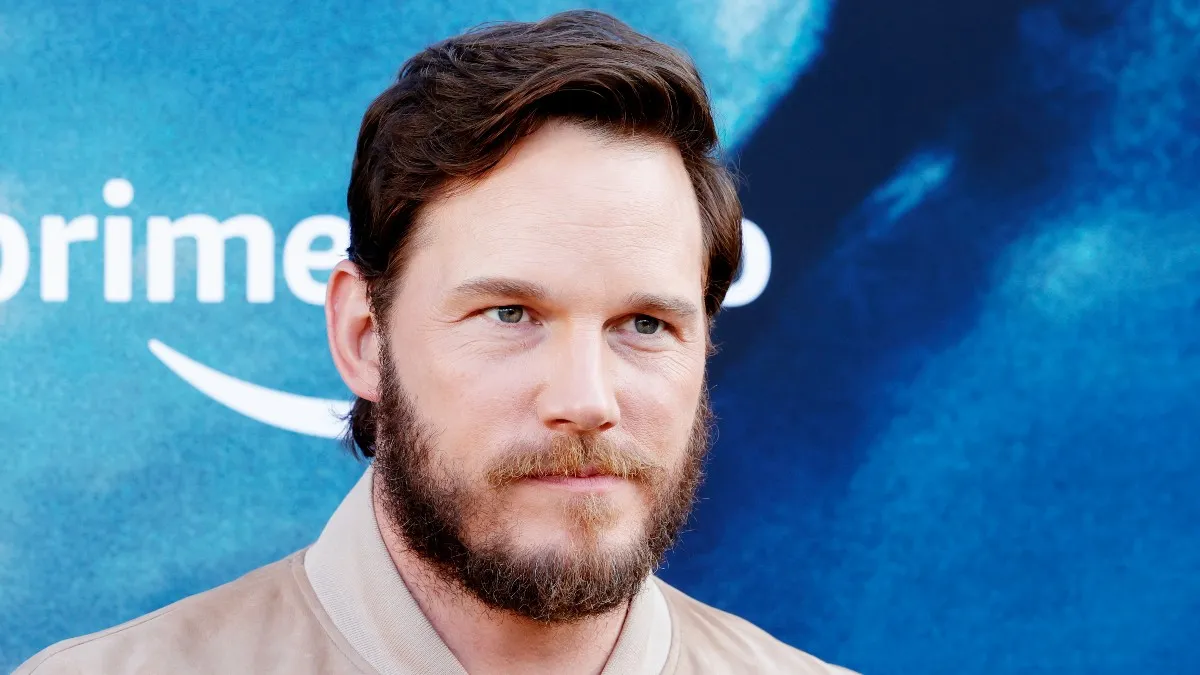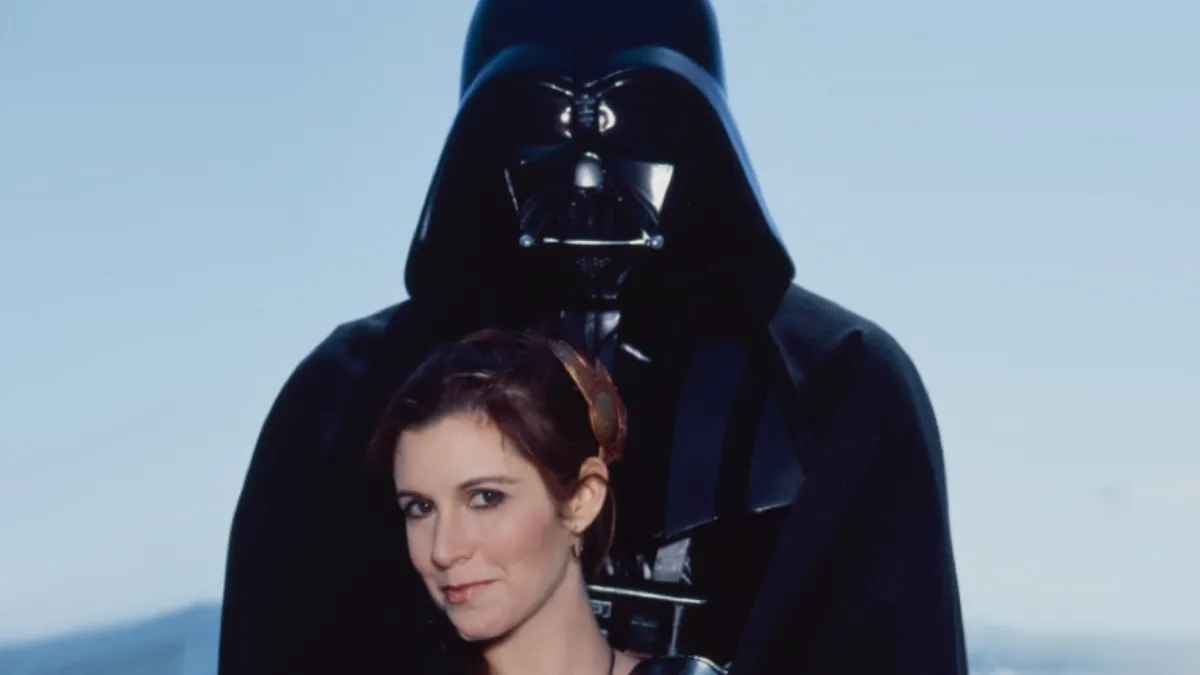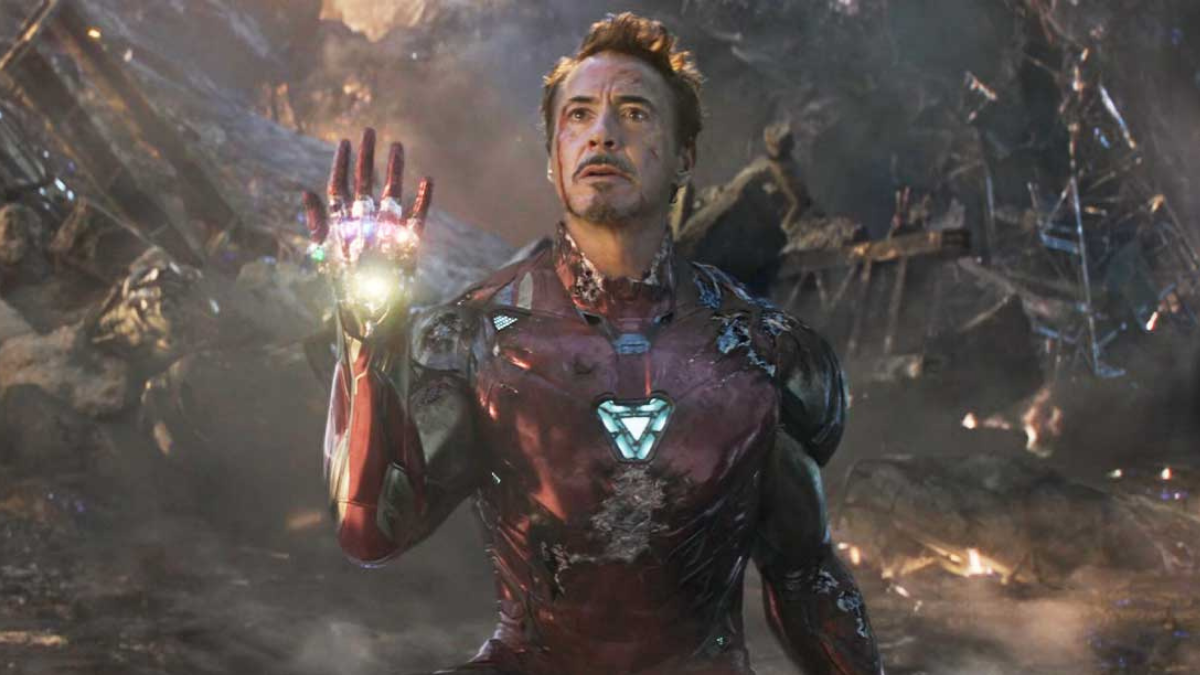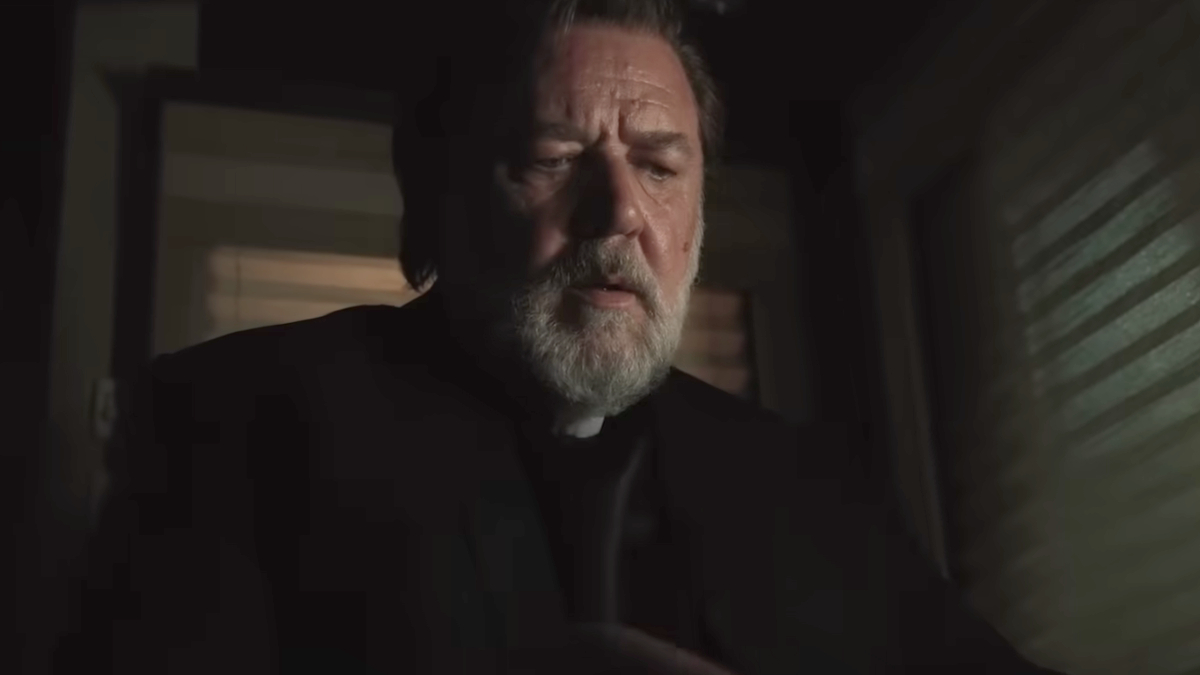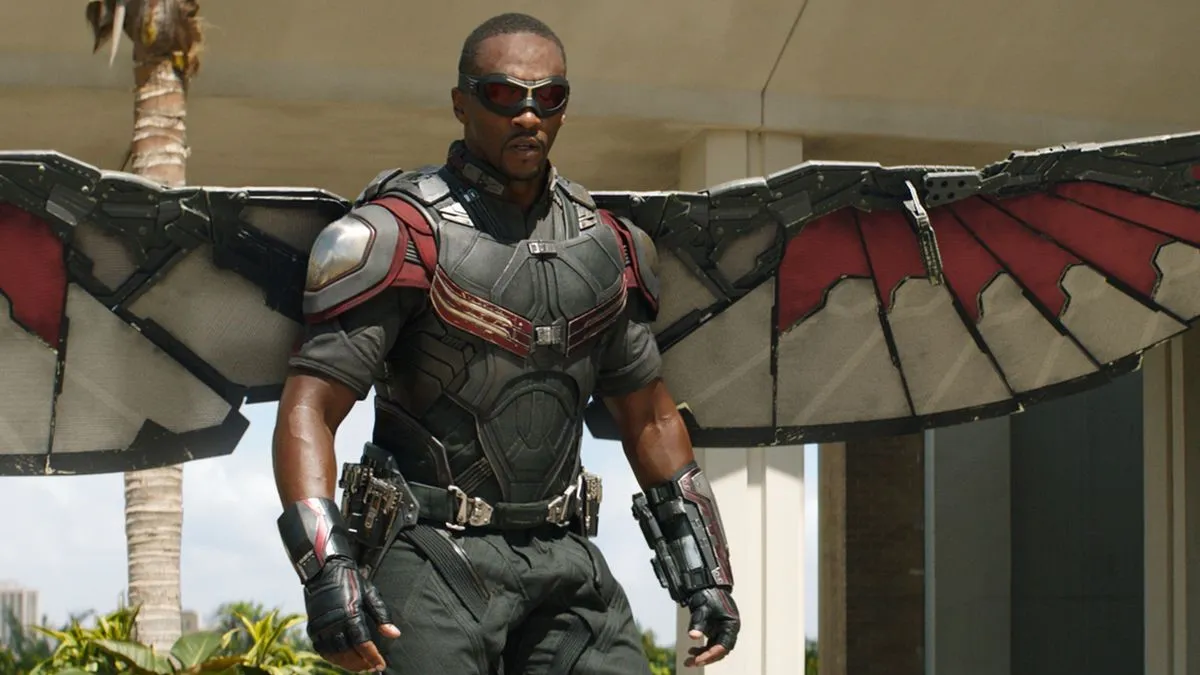Once upon a time, the world shrank. But with it, our perspective grew. A child’s empty bedroom became a dome of life; a strip of road became a boundless race track; and crossing the neighbor’s fence felt as insurmountable as climbing Everest. For years, the universe birthed by the Toy Story movies has belonged in the same box as the knick-knacks dreams are made of. That is, until Toy Story 4.
The fourth piece to animation’s pinnacle franchise is a perfectly okay venture. While it never achieves the emotional heights of its predecessors, it earns its existence on the feats of its designers alone. Right out of the gates, the minds over at Pixar clearly take another step towards animated reality – yes, reality seems to be what the company that boasts talking dolls, cars, fish, and literal emotions is striving for – but as for the story itself, well, maybe this was a step too far.
I think it’s safe to say that nobody really wants Toy Story to end. The series that’s spanned almost a quarter of a century has displayed an unprecedented amount of stamina, all the way until the bittersweet (and in my mind, perfect) conclusion of Andy’s tale nine years ago. However, it’s also reasonable to assume no one wanted it to become another worn-out plaything, grabbed off the shelf here and there, shook around for a while, and left out on the ground. And there aren’t a lot of scarier thoughts than Toy Story not being put back where it belongs.
But it seems the filmmakers had that idea in mind when coming up with the plot. Among other things, this movie’s a swan song of sorts, showcasing a longtime playmate having to cope with his impending irrelevance.
And that playmate, of course, is Woody (Tom Hanks). Continuing on with the anxieties explored in Toy Story 3, the film swiftly de-romanticizes the cowboy’s time with his new owner, Bonnie. Though she quickly grabs his sheriff badge and plops it onto Jessie (Joan Cusack), Woody’s as devoted to her as he was to Andy. So much so, in fact, that if she’s happier playing with the others, then he’ll just have to wipe off the dust bunnies and do his best to be happy through her.
That role takes on a whole new meaning after Bonnie’s first day of kindergarten. In the film’s first-of-many relatable moments, Bonnie struggles to make friends with the other kids. So, using the materials Woody snuck in for her, she decides to make one for herself. Bred from a thrown-out spork, a broken popsicle stick, a pair of googly eyes, and some pipe cleaner, Forky’s born and becomes the light of the young girl’s life – not to mention the film’s.
Again, it’s a tad bit odd discussing logic and reality with these movies, but the rules that were never really explained somehow still manage to feel bent here. We don’t really know what the powers that be are that allow Forky (Tony Hale) to live – we assume it’s the “BON” and the “NIE” written on his split-wood feet – but kids probably won’t be asking those sorts of questions. If they did, there wouldn’t be four of these, so I guess there’s no real point getting hung up on it. That is with one tiny exception: Forky doesn’t understand, either.
In fact, the plastic utensil doesn’t understand a whole lot about anything, other than the fact that he’s trash, and becomes quite the hassle for our cowboy. Randy Newman’s latest addition to the franchise, “I Can’t Let You Throw Yourself Away,” plays over a hilarious montage of Woody having to prevent Forky from finding refuge at the bottom of a garbage can. But when Bonnie’s family goes on a road trip, the opportunity finally presents itself, and Forky leaps out of the RV.
This opens the door for the adventure, which feels cheaper in its bigger scale. Throughout this series – not to mention in Andy’s mind – expansive and exciting worlds were formed in spaces as restrictive as the walls of a bedroom. When the toys did venture beyond their familiar doors, the excitement still followed, but their new experiences are with common places: elevator shafts, bag carriers at the airport, the local pizza shop, the list goes on. Here, there are open roads, playgrounds, antique shops and carnivals. Unique and entrancing in their nature, it’s almost cheating to pick these spots for the action.
What these new places do offer us, however, are new characters to bask in unwavering amusement with. Even though a lot of our old-town favorites – most disappointingly including Buzz Lightyear (Tim Allen) – are left in the car, literally and figuratively, the premiering collection proves capable of handling their screen time. In addition to Forky, Keegan-Michael Key and Jordan Peele provide the voices for a quick-wit pair of stuffed animals, and Keanu Reeves continues his hot summer as Duke Caboom, the striking, pose-making, Canada-hailing stunt cyclist. Though these roles are more comical than anything else, they also tap into the existential themes of ownership and self-worth Toy Story 4’s based on.
The same goes for its two leading plastic ladies: Gabby Gabby (Christina Hendricks), a broken antique doll who never got the chance to have a friend, and Bo Peep (Annie Potts), who makes a return from her one-film hiatus. Gabby Gabby’s supposed to be the villainous figure here and with four looming and terrifying ventriloquist doll henchmen, she’s introduced in her carriage with an homage to The Shining. And like Lotso the Bear, she speaks kindly, but has her eyes on a different prize than the hospitality award: Woody’s voice box.
Bo, on the other hand, rips onto the scene with a new look as a liberated and happily lost toy. She challenges Woody’s perception of ownership and the conditioning all of the toys experience that their worth can only be defined by the love of a child. “Who needs a kid’s room,” she asks Woody, looking down from atop a carousel, “when you can have all of this?”
Few franchises have the ability to tap into such rich philosophies and remain so likable across the board as this one. Toy Story 4 is not a bad film by any stretch, but in the conversation of its conception, it doesn’t make its case as the more worthwhile finale – if that’s what it ends up being. It does allow Pixar to take a victory lap, however, a sort of “before and after” look at their steadfast technical achievements. But the same could’ve been done, I imagine, with a For the Birds remastering.





